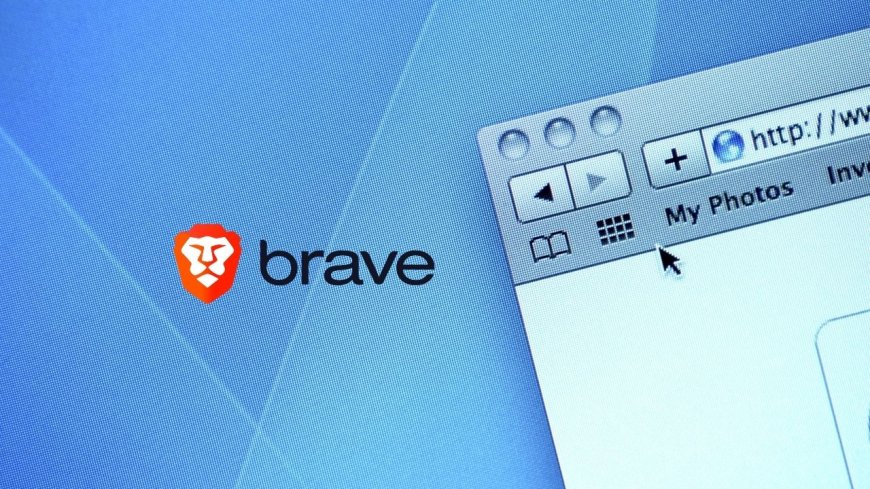Brave has merged its search results with Leo, its AI assistant, to improve web browsing. Brave’s independent search engine and artificial intelligence combine to give users a smoother and more intelligent search experience. Since its launch, Brave’s privacy-focused search engine has risen in popularity.
Brave does not track users or their search histories, making browsing safer and more private. This focus on privacy appeals to users seeking alternatives to Google.
Read also: Vertiv Launches AI Hub for AI Adoption
Introducing Leo AI: Brave’s Intelligent Assistant
The Leo AI assistant in Brave is meant to improve the search experience by giving users useful, timely, and insightful information.
Leo AI can understand natural language questions, make comments, and give detailed answers to complex questions using the newest artificial intelligence developments.
This connection lets Leo AI work directly with the search results, making the data more accessible for finding and use.
Enhancing Search Results with Leo AI
Since Leo was added to Brave’s search engine, users can now get AI-enhanced search results in their browsers. Leo handles both the search query and the search results simultaneously when a user looks.
Then, on the search results page, the AI assistant points out the most critical information, answers questions, and suggests related subjects.
For instance, if a user searches for “best practices for remote work,” Leo presents the most relevant articles and resources and provides summaries, key points, and additional recommendations related to remote work.
This integration helps users save time and effort by quickly accessing the most pertinent information.
Benefits of the Leo AI Integration
Adding Leo AI to Brave’s search results has many benefits. Without several search results, users get more relevant and detailed information. Leo’s contextual awareness helps consumers locate answers faster and more correctly.
Read also: OpenAI, PwC in partnership on ChatGPT Enterprise
Leo protects AI-powered search by not monitoring user data, supporting Brave’s privacy promise. Users may be more productive and make better decisions with quick access to simplified information and critical insights.
Brave’s incorporation of Leo AI into its search engine is just the start of its browsing revolution. The company aims to keep improving Leo, making it a more powerful tool for users.
Upgrades may include better integration with other Brave features, larger knowledge bases, and more customised search.
Brave’s combination of its search results with Leo AI improves online browsing. This search result optimisation supports Brave’s privacy and user empowerment values. Brave will improve browsing intelligence and security as it innovates.
















